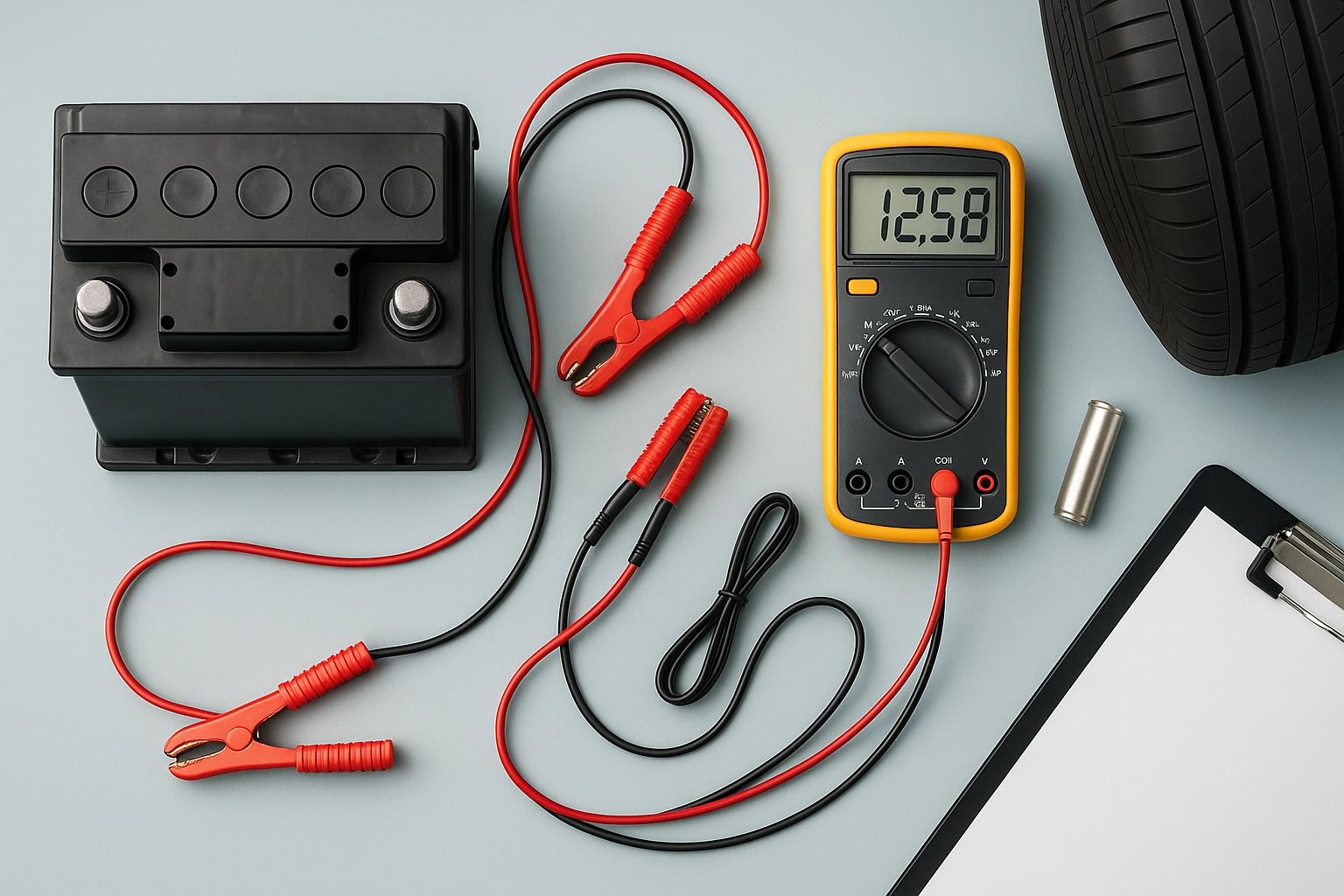ISO 12405 5 High Voltage Battery Pack Testing
The ISO 12405 series of standards provides a comprehensive framework for testing high voltage battery packs, which are critical components in the automotive industry. These batteries play a pivotal role in electric vehicles (EVs) and hybrid electric vehicles (HEVs), ensuring reliable performance and safety. The fifth part of this standard, specifically ISO 12405-5:2018, focuses on high voltage battery pack testing and is essential for compliance with global automotive standards.
High voltage battery packs are complex assemblies comprising multiple cells, modules, and cooling systems, all integrated into a robust housing. The testing outlined in ISO 12405-5 ensures that these critical components meet stringent safety requirements before being installed in vehicles. This standard covers various tests including electrical performance, thermal management, mechanical integrity, and durability under real-world conditions.
The testing process is rigorous and involves several stages to ensure the battery pack performs as expected across its lifecycle. Initial tests include checking the cell-to-cell resistance and ensuring each individual cell meets specified voltage and capacity targets. Following this, more comprehensive tests assess the entire pack's ability to withstand high-voltage discharges safely.
Thermal management is a crucial aspect of high voltage battery testing. The standard specifies methods for simulating real-world operating conditions, such as extreme temperatures during charging and discharging cycles. This ensures that the battery pack can maintain optimal performance even when subjected to environmental stressors. Mechanical integrity tests assess how well the battery withstands physical impacts, which is especially important given the potential for accidents in road vehicles.
Durability testing underlines the importance of long-term reliability. These tests simulate normal usage scenarios over extended periods, including repeated charge-discharge cycles and exposure to various environmental conditions like humidity and cold temperatures. The results provide valuable insights into the expected lifespan of battery packs and help manufacturers identify any potential weaknesses early.
Compliance with ISO 12405-5 is not only about meeting regulatory requirements but also about enhancing brand reputation by demonstrating commitment to quality and safety standards. By adhering strictly to these tests, automotive manufacturers ensure their products meet the highest levels of international safety and performance benchmarks.
- Comprehensive Coverage: Tests cover electrical performance, thermal management, mechanical integrity, and durability.
- International Recognition: ISO standards are globally recognized, ensuring compatibility with other automotive components.
- Enhanced Safety: Rigorous testing ensures that battery packs can withstand real-world conditions safely.
In conclusion, ISO 12405-5 is an indispensable tool for manufacturers aiming to produce reliable and safe high voltage battery packs. It provides a robust framework for testing that helps meet stringent global standards and enhances product quality and safety.
Applied Standards
The ISO 12405-5 standard is part of the broader ISO 12405 series, which collectively provides a detailed guide for testing high voltage battery packs in electric vehicles. These standards are aligned with other international regulations such as UN ECE R100 and US Department of Transportation FMVSS 305, ensuring that tests conducted meet global requirements.
ISO 12405-5 specifically addresses the following aspects:
- Electrical Performance: Ensuring cells operate within specified voltage and capacity limits.
- Thermal Management: Testing for safe operation under various thermal conditions.
- Mechanical Integrity: Assessing resilience to physical impacts.
- Durability: Evaluating long-term performance through simulated real-world usage scenarios.
The standard is regularly updated to incorporate the latest technological advancements and safety concerns. Compliance with these standards not only ensures regulatory adherence but also enhances a manufacturer's reputation for innovation and reliability in the automotive industry.
Why Choose This Test
- Global Recognition: ISO 12405-5 is widely accepted across various regions, ensuring international compatibility.
- Detailed Guidance: The standard provides comprehensive guidelines for testing high voltage battery packs, covering all critical aspects.
- Safety Assurance: Rigorous testing ensures safe operation under real-world conditions.
- Lifetime Evaluation: Durable tests provide insights into the expected lifespan of battery packs.
- Regulatory Compliance: Ensures adherence to international safety and performance benchmarks.
- Innovation Promoter: The standard encourages continuous improvement in technology and manufacturing processes.
- Market Leadership: Adherence to these standards can enhance a manufacturer's market position by demonstrating commitment to quality and safety.
Selecting ISO 12405-5 for your testing ensures that you are using best-in-class methodologies, which not only help in meeting regulatory requirements but also contribute significantly to the advancement of automotive technology. This standard is a cornerstone for ensuring that high voltage battery packs perform reliably and safely across all operational scenarios.
Use Cases and Application Examples
The ISO 12405-5 standard finds extensive application in the development, quality assurance, and compliance verification of electric vehicles (EVs). Here are some specific use cases:
- Development Phase: Early-stage testing to identify potential issues before mass production.
- Quality Assurance: Regular checks throughout manufacturing processes to ensure consistent product quality.
- Compliance Verification: Ensuring that end products meet all regulatory and safety requirements.
The standard is particularly relevant for electric vehicle manufacturers, battery pack assemblers, and component suppliers. By integrating ISO 12405-5 into their quality assurance processes, these entities can enhance the reliability and safety of their products. This not only builds trust with consumers but also contributes to the overall advancement of sustainable transportation solutions.
For instance, a manufacturer might use this standard during the development phase to evaluate new battery technologies under real-world conditions. Quality assurance teams would then employ ISO 12405-5 throughout production to ensure consistency and reliability. Compliance verification ensures that final products meet all regulatory standards before being released to market.
In summary, ISO 12405-5 plays a vital role in the automotive industry by providing robust testing methodologies for high voltage battery packs, thereby contributing significantly to the safety and performance of electric vehicles.





